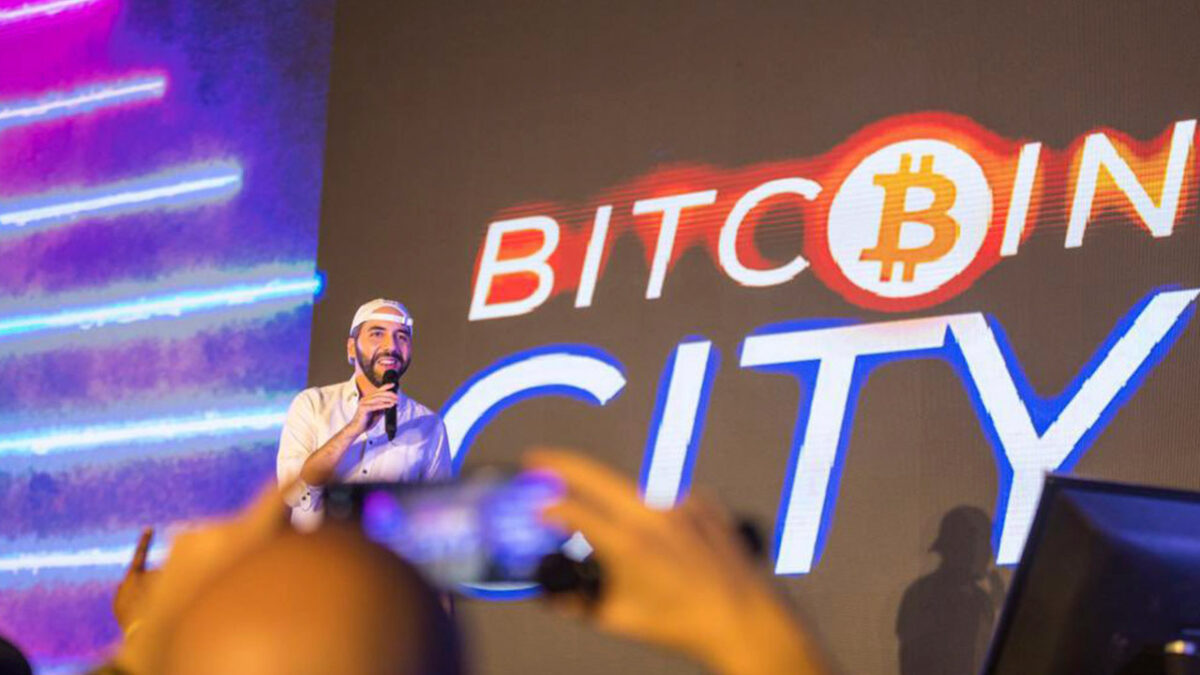El Salvador’s proposal to make bitcoin legal tender has been questioned by the International Monetary Fund’s board, which has also called for stringent oversight of the country’s electronic wallet.
Following a yearly meeting on Tuesday, IMF board members “urged the authorities to reduce the scope of the Bitcoin law by removing bitcoin’s legal tender status,” the IMF said in a statement.
Alejandro Zelaya, the Salvadoran Finance Minister, did not respond.
El Salvador became the first country to make bitcoin, along with the US dollar, legal tender in September. For the past two decades, the country’s economy has become dollarized.
The IMF has advocated for the move to be reversed several times since then, citing financial, economic, and legal problems.
The IMF’s board of directors stated that increasing financial inclusion was critical and that the Chivo e-wallet, the government’s bitcoin exchange, may help. They do, however, believe that “the new environment needs stringent regulation and oversight.”
According to the IMF, several board members are concerned about the risks involved with El Salvador’s planned sale of bitcoin-linked bonds.
The country is planning a $1 billion bond offering, with half of the proceeds going toward bitcoin purchases. The government hopes that the exposure to bitcoin gains would attract investors who will receive a dollar yield of 6.5 percent, which is significantly lower than what the market is presently pricing for equivalent Salvadoran government debt, which is closer to 17 percent.
In its statement, the IMF also cautioned that El Salvador’s national debt may reach 96 percent of GDP by 2026 if current debt spending levels are maintained, describing this as an “unsustainable course.”
